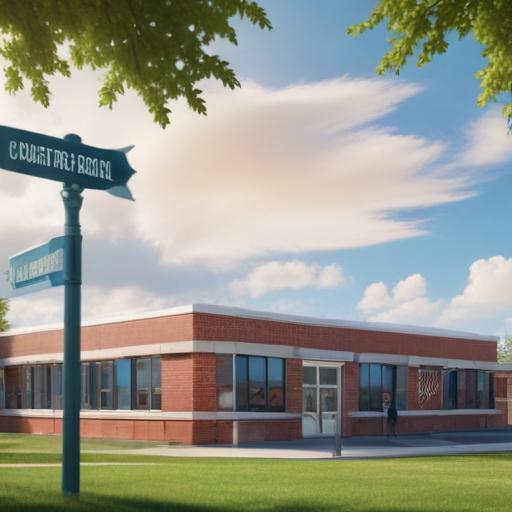In a groundbreaking decision, the Oklahoma Statewide Virtual Charter School Board approved the nation’s first religious charter school, the St. Isidore of Seville Catholic Virtual School, leading to intense debate about the implications for the separation of church and state. This historic move, approved in a narrow 3 to 2 vote, has attracted both support and criticism, placing Oklahoma at the forefront of a national discourse on religious education funded by public tax dollars.
Supporters of the decision, including Governor Kevin Stitt and State Superintendent Ryan Walters, hailed it as a victory for religious liberty and parental empowerment in education. They argued that this initiative provides families with more choices, allowing them to choose an educational platform that aligns with their values. Governor Stitt expressed optimism, stating that this could pave the way for further educational reforms that respect individual freedoms.
However, the approval has been met with significant resistance. Oklahoma Attorney General Gant Drummond criticized the decision as unconstitutional, claiming it violates the state’s constitutional oath to maintain a clear separation between church and state. He emphasized that such a move could lead to potential discrimination within the education system, particularly concerning special education services. The board’s president, who voted against the proposal, reiterated concerns that the platform could marginalize students and undermine educational equity.
In an unexpected turn, the U.S. Supreme Court delivered a decisive 4-4 tie vote on a case regarding the Catholic charter school, effectively ending any public funding for the institution. This outcome maintains the lower court’s ruling, which had already deemed the board’s decision unlawful. Although the current ruling puts an end to this specific initiative, the broader issue of intertwining religious education within public schooling remains unresolved, potentially setting the stage for future legal battles.
The conversation surrounding this decision reflects wider debates about educational choice, religious freedom, and the structure of public education across the United States. As Oklahoma navigates this complex landscape, the implications of its decisions may resonate beyond state lines, influencing legislation and education policy in other regions.
This moment highlights the ongoing tension between traditional educational structures and evolving societal values, where the role of religion in public schools continues to be critically examined.
